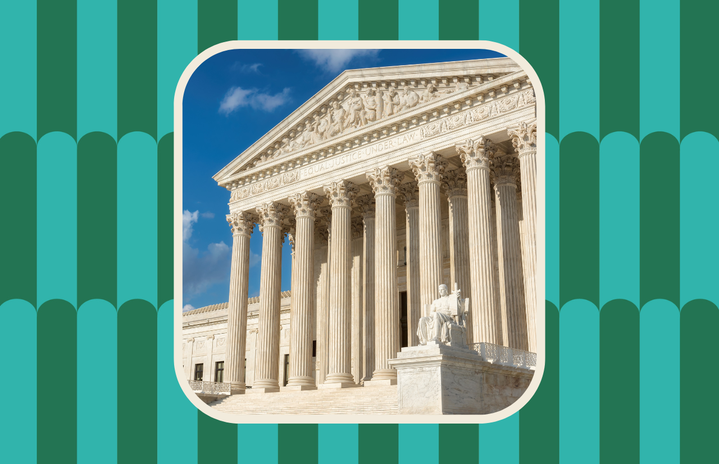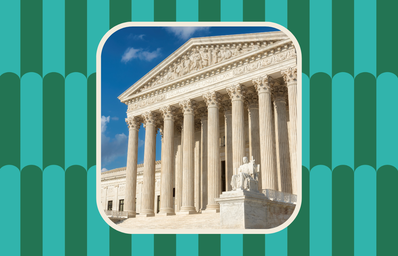For the past 20 years, the college admissions system has utilized affirmative action in its admissions process, which has made for a more diverse student body around the country. But as of Oct. 31, the fate of affirmative action hangs in the balance as the Supreme Court looks to ban it.
In their hours-long session on Oct. 31, the Supreme Court argued over two cases regarding diversity in a higher education institution. The first challenged the University of North Carolina at Chapel Hill’s admissions, stating that their process is skewed in favor of Black and Latino applicants, violating the Fourteenth Amendment. The second case arose from the claim that Harvard’s admissions process violates the Civil Rights Act. The cases, which were backed by the Students for Fair Admissions, an anti-affirmative action group founded by conservative activist Edward Blum, used the claim that racial consideration is forbidden by the Constitution and civil rights law.
While previous courts have ruled against similar claims, the current court system leans toward the side of doing away with affirmative action. With a conservative majority Supreme Court who have already repealed progressive precedent like Roe v. Wade this year, the issue of affirmative action might fall in their favor as well. This can mean a lot of change towards the admissions of people of color in universities around the country.
What would a potential ban on affirmative action mean for applicants?
Starting with California, almost 25 years ago, nine states have bans on affirmative action and the resulting changes in admissions have been drastic: There has been a rapid decline in the enrollment of Black students over the years. Since the ban in the state of Michigan in 2006, the University of Michigan has seen Black undergraduate enrollment drop from 7% in 2006 to 4% in 2021.
The trend is similar to those seen in California and other states like Florida where bans on affirmative action remain in place. Any progress that has been made towards racial diversity could face a rapid reversal if the Supreme Court goes through with its ban on affirmative action.
How likely is the ban to happen?
According to a Washington Post-Schar School poll conducted in October 2022, 63% of Americans are against race consideration in admissions decisions. At the same time, 64% of Americans are in favor of programs that promote racial diversity on campuses. While public opinion might be varied when it comes to racial diversity on college campuses, the major takeaways from the arguments on Oct. 31 is that the Supreme Court is leaning heavily towards barring racial consideration in college admissions decisions.
With a 6-3 conservative majority, it seems very likely that affirmative action might soon become a thing of the past.
If passed, when could the ban on affirmative action go into effect?
In the initial ruling of 2003’s Grutter v. Bollinger, when racial consideration in college admissions was first put into effect, the court made their decision with the notion that in 25 years, racial consideration would no longer be necessary as racial equality would be achieved. We’re six years away from the initial suggestion of 2028 and we’re nowhere close to achieving full racial equality. But with the way things are going, we may see affirmative action being banned much earlier than the original suggestion.
While there’s no official timeline on when a potential ban would go into effect, it might be safe to say that current applicants for fall 2023 would still go through enrollment with affirmative action in place. Any changes to the law may potentially affect applicants starting next year.
If affirmative action is truly removed, it could mean a drop in racial diversity in college campuses around the country, which would be a major step back from any progress that has been made through the years.


